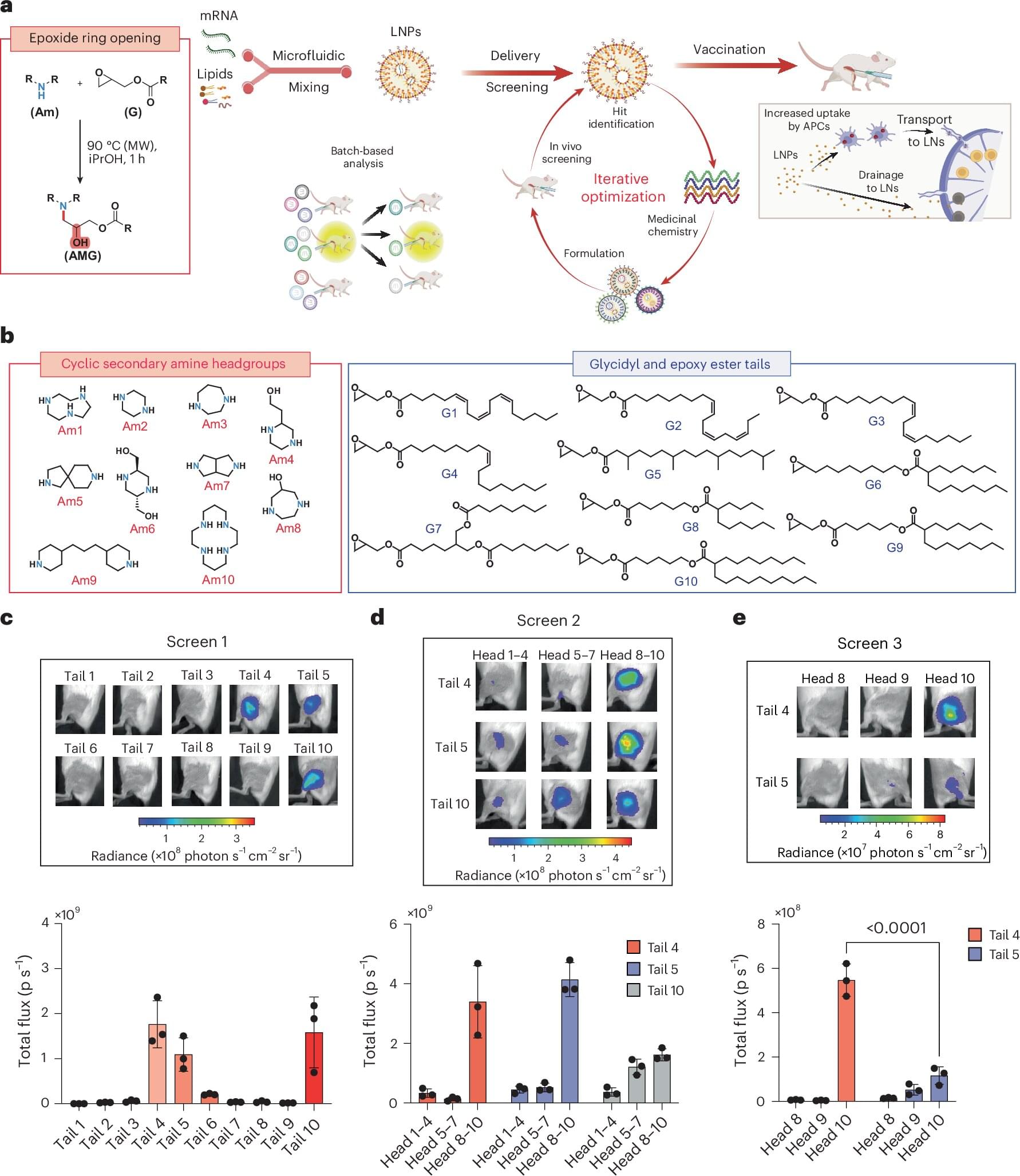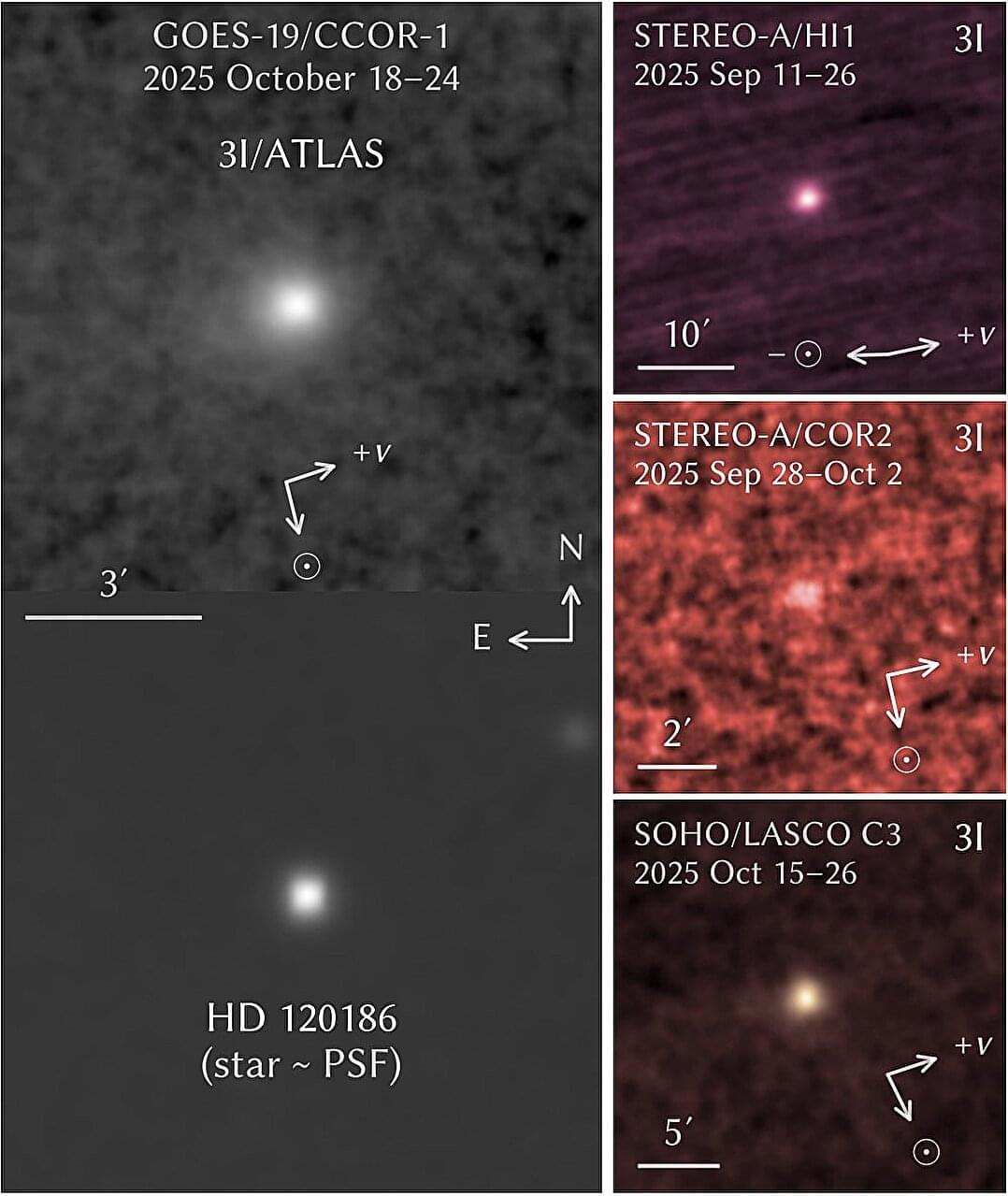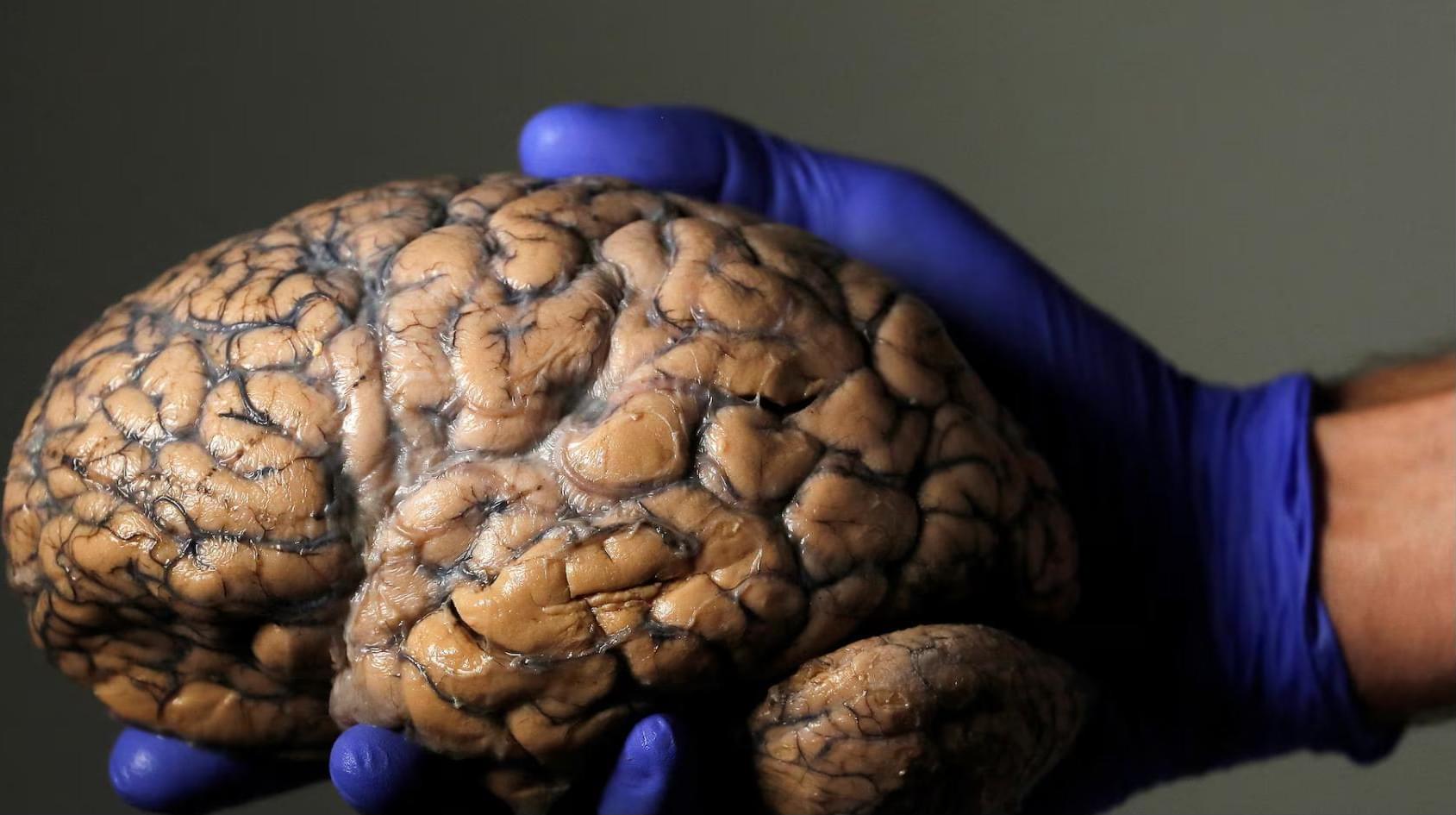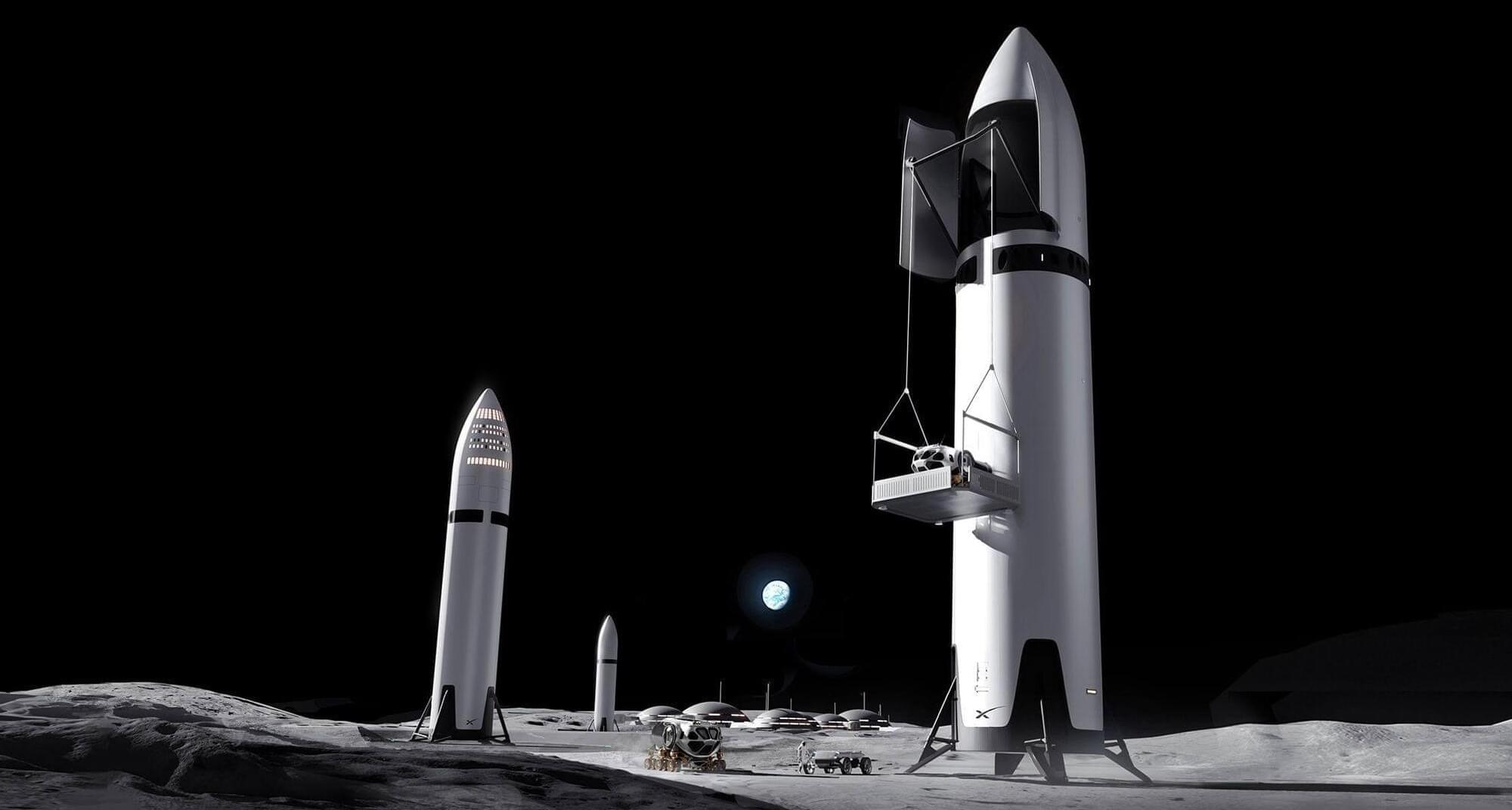The ratio of a person’s waist measurement compared to their height is more reliable than body mass index (BMI) at predicting heart disease risk, according to new research from UPMC and University of Pittsburgh physician-scientists.
This finding, published in The Lancet Regional Health—Americas, could reshape how clinicians and the public assess cardiovascular risk, especially for people who don’t meet the classic definition of obesity.
The team analyzed data from 2,721 adults who had participated in the Brazilian Longitudinal Study of Adult Health (ELSA-Brasil). The individuals had no cardiovascular disease at baseline and were followed for more than five years.








